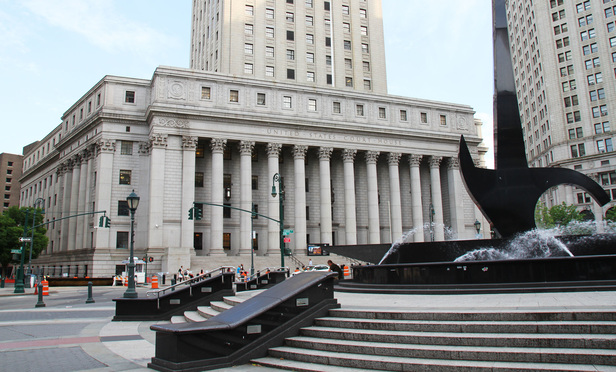The False Claims Act, 31 U.S.C. §3729 et seq. (FCA), and its state law analogues, premise liability upon proof that the defendant used false statements in connection with a claim for payment of money by the government. In cases where the government declines to intervene and a qui tam relator proceeds with the lawsuit, Federal Rule of Civil Procedure 9(b)’s requirement that a plaintiff must “state with particularity the circumstances constituting fraud” has tripped up many relators whose complaints failed to allege the details of a false claim for payment that was submitted to the government. Many relators have seen their complaints dismissed under Rule 9(b) as a result.
While the U.S. Courts of Appeals for the Third, Fifth, Seventh, Ninth, Tenth, and D.C. Circuits have adopted what some call a “more lenient” pleading standard that permitted cases to go forward even when the complaint did not allege details of a false claim that was actually submitted, the Second Circuit had not directly addressed that issue until a three-judge panel, in an opinion authored by Circuit Judge Gerard E. Lynch, declared in United States ex rel. Chorches v. American Medical Response, Docket No. 15-3930, 2017 WL 3180616 (2d Cir. July 27, 2017), that Rule 9(b) did not “require every qui tam complaint [to] allege on personal knowledge specific identified false invoices submitted to the government.” 2017 WL 3180616, *10. To be sure, the court did not go so far as to provide qui tam relators with a “license to base claims of fraud on speculation and conclusory allegations,” id. (quotation omitted), but a plaintiff who makes allegations that lead to a strong inference that specific claims were indeed submitted and why the particulars of those claims were peculiarly within the defendant’s knowledge will be able to satisfy the requirements of Rule 9(b). Id. Indeed, the court went on to state that plaintiffs “who can identify examples of actual claims must do so at the pleading stage.” Id. In the opinion, Judge Lynch acknowledged that district courts in the Second Circuit had tended to apply a “stricter” pleading standard that resulted in the dismissal of qui tam complaints under Rule 9(b) for failing to identify specific false claims actually submitted to the government. Id.*15 & n.21.



